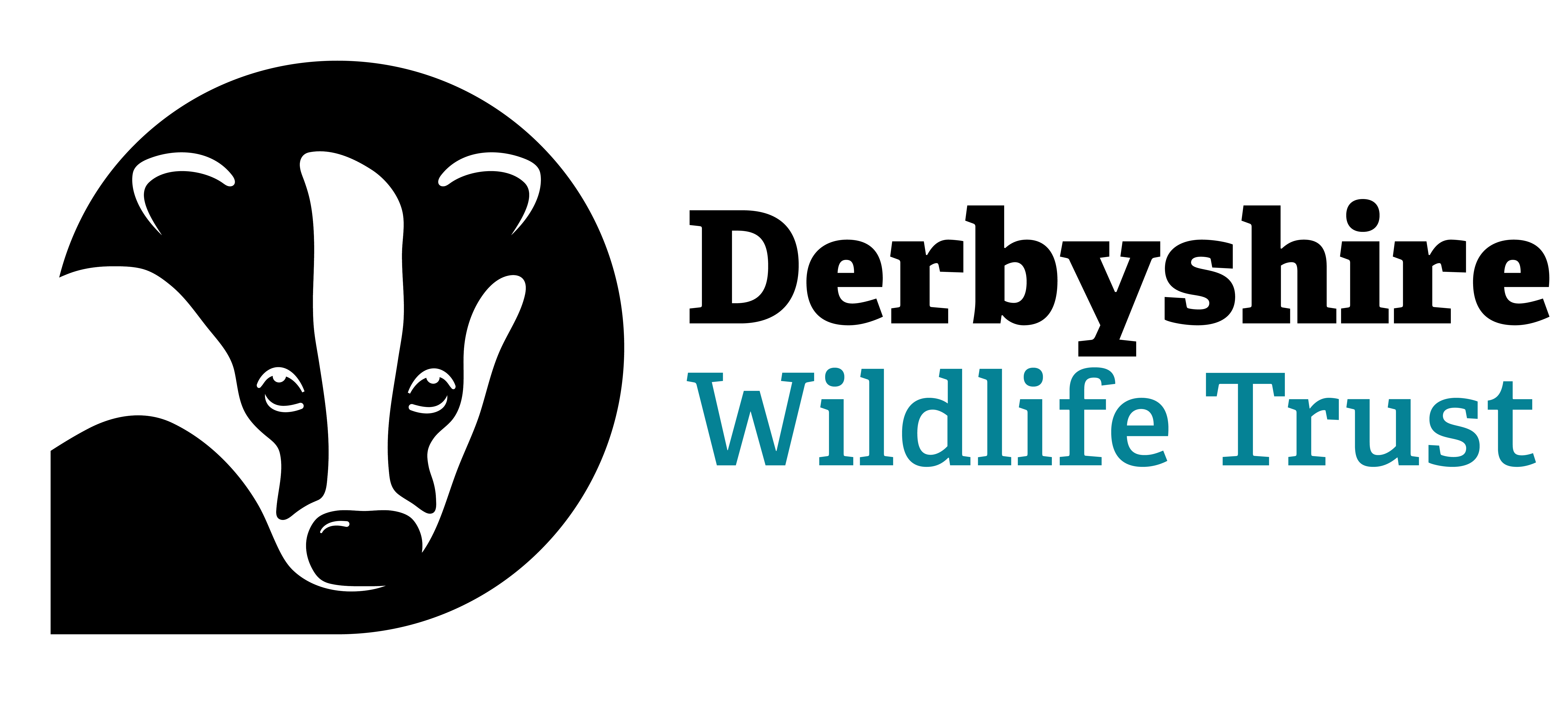This means that for some professional growers, peat use will still be permitted for the next seven years.
Ailis Watt, peat policy officer at The Wildlife Trusts says:
“Last year we welcomed the news that the UK Government would ban the sale of bagged peat compost in England by the end of 2024. The Wildlife Trusts hoped that a ban on all peat products would follow shortly after this date.
"The destruction of irreplaceable peatlands for gardening should have been outlawed long ago. These precious habitats are vital for nature and for our climate because they store vast amounts of carbon and are home to some of the UK’s most special wildlife. We need to see far greater levels of ambition if the UK is to relinquish its status as one of the most nature-depleted countries on Earth or come close to achieving net zero emissions by 2050. Peatlands must be better protected as a matter of urgency.”
This announcement will allow a large proportion of professional growers to continue to use peat to grow plants and mushrooms. According to data from the Growing Media Monitor, plug plants and mushroom production alone made up 42% of all peat used by professional growers in 2021.
For decades the UK Government set ineffective voluntary targets to tackle the horticulture industry’s use of peat and its corresponding habitat destruction. The Wildlife Trusts have repeatedly urged the Government to enforce bans for the last 30 years.
The Wildlife Trusts are calling upon the UK Government to:
- Ban the extraction and commercial trade of peat immediately
- Ban all horticultural uses of peat as soon as parliamentary timeframes allow, or by 2024 at the latest
- Restore all bogs damaged by the removal of peat by 2030.
Ailis Watt continues:
“The decision to allow the sale of peat-containing products to continue until 2030 does not reflect the value of peatlands - here and abroad - and is at odds with this Government's manifesto commitment to ‘deliver the most ambitious environmental programme of any country on earth’.
“It contradicts the notion that gardening is an activity which is beneficial to nature and places a burden of responsibility on the consumer to ensure they are not inadvertently buying environmentally destructive peat-based products.”
The Wildlife Trusts estimate that policy failure to stop peat extraction has caused up to 31 million tonnes of CO2 to be released since 1990.
